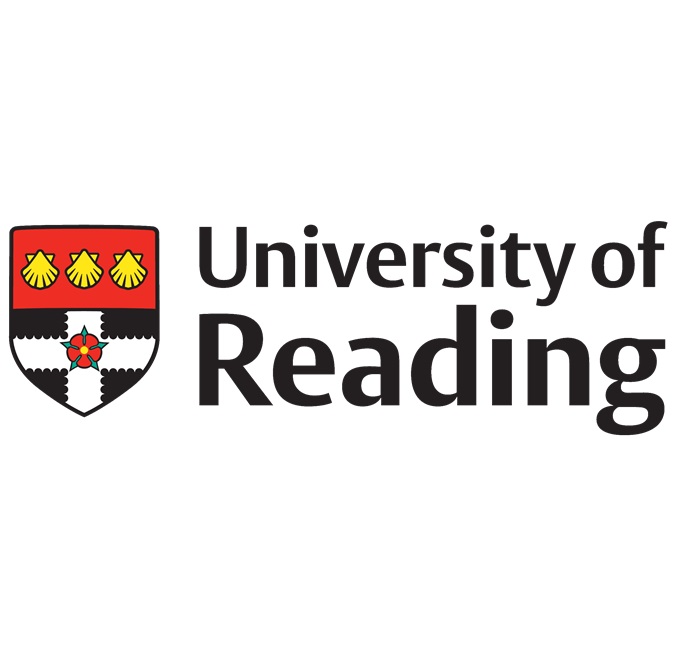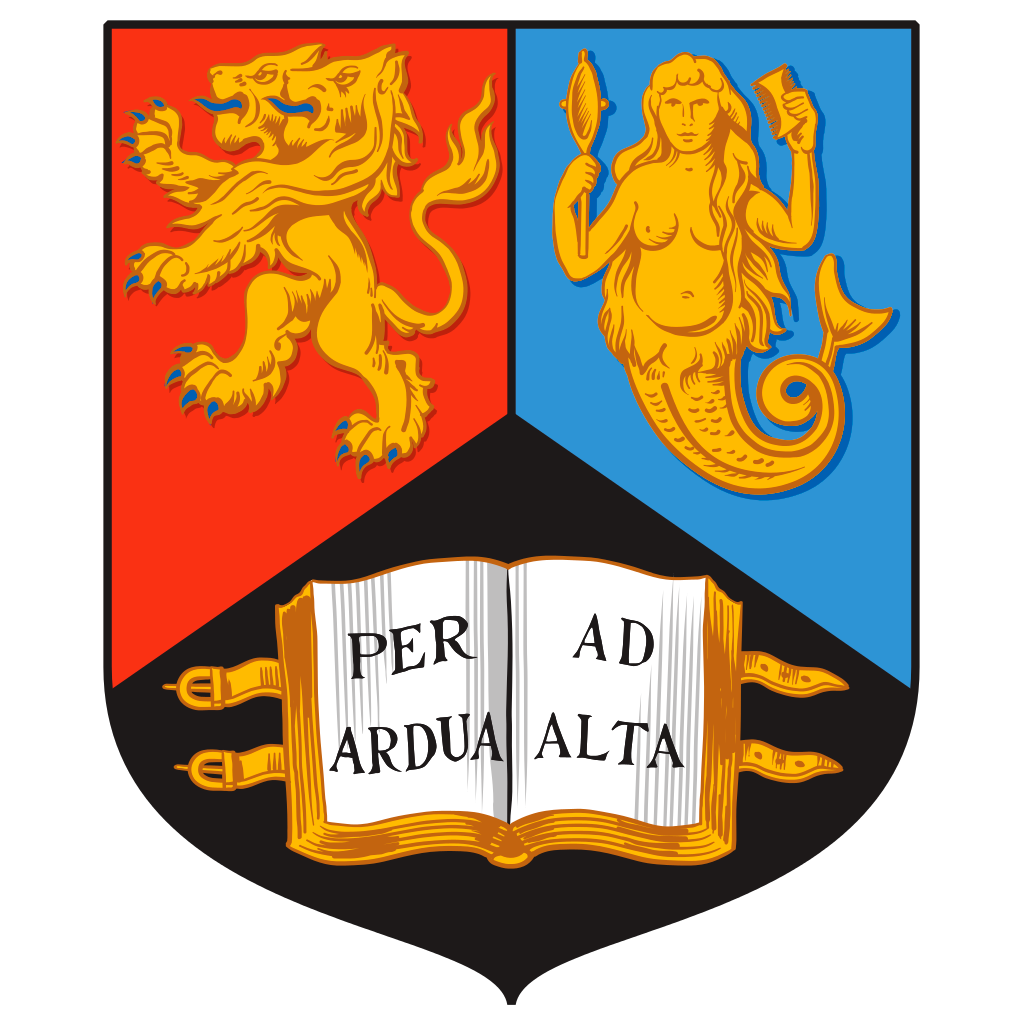For the MA programme, you will study the following:
Core modules
You will study three core modules:
Historical Approaches
This module provides students with an advanced introduction to some of the ways in which historians have approached a range of prominent themes within the modern historical discipline, such as religion, gender, race, class, community, and conflict. The module introduces these themes through a mixture of case studies and background reading and information, with an emphasis on historiographical development and a range of different theoretical, methodological and interdisciplinary influences, such as sociology, anthropology, the material turn, etc. Each week students are guided in reading influential texts that relate to one of these key themes, and students then meet in small seminar groups to discuss a mixture of historiographical case studies and additional theoretical background.
Assessment: 4,000 word review of approaches to one of the themes covered by the module in your own chosen historical field
Research Preparation
This module is designed to deliver three complementary strands, with the ultimate aim of supporting students on the MA History to design, plan and research an ambitious dissertation topic. The first strand is a series of lectures on key research skills in the historical discipline, ensuring that students are confident when it comes to aspects of research design such as defining a topic, reviewing secondary literature, identifying and accessing appropriate primary sources, etc. The second strand is a series of seminars designed to support specialist sub-disciplinary skills relating to (for example) chronological period or a particular geographical area or methodological approach. The third strand is a series of one-to-one supervisions with an academic advisor, to offer the student guidance and feedback as they devise their own unique research project, and lay the groundwork for their masters dissertation. The module also helps students to develop important skills in presenting and articulating their research to a larger non-specialist audience.
Assessment: 3,000-word literature review (75%), 10 minute oral presentation (25%)
Students taking MA History during their course of study (i.e. without specialist pathway) must take one of the 20 credit core modules from those on offer across the specialist pathways in Contemporary History, Early Modern History, Global History, Medieval History, Modern British Studies, Public History or US Studies.
Optional modules
If you follow the MA History general pathway, without choosing to specialise, you will also take 60 credits of optional modules from the wide range of History options. It is also possible to select options offered by other departments such as African Studies, Classics and Ancient History, Cultural Heritage, Modern Languages, Art History or English - with the approval of the Programme Director. See an indicative list of options.
Dissertation
In addition to your taught modules, you will conduct a piece of independent research with the support of a supervisor, culminating in a 15,000-word dissertation. The dissertation is the culmination of the MA: the moment when you put into practice the skills and knowledge you have built up in the previous modules, and the moment when you take wing as an independent historian.
If you are studying the PGDip you will study both Historical Approaches and Research Preparation plus 80 credits of optional modules. If you are studying the PGCert, you will study Historical Approaches and 40 credits of optional modules.
Please note that the optional module information listed on the website for this programme is intended to be indicative, and the availability of optional modules may vary from year to year. Where a module is no longer available we will let you know as soon as we can and help you to make other choices.
Show less









